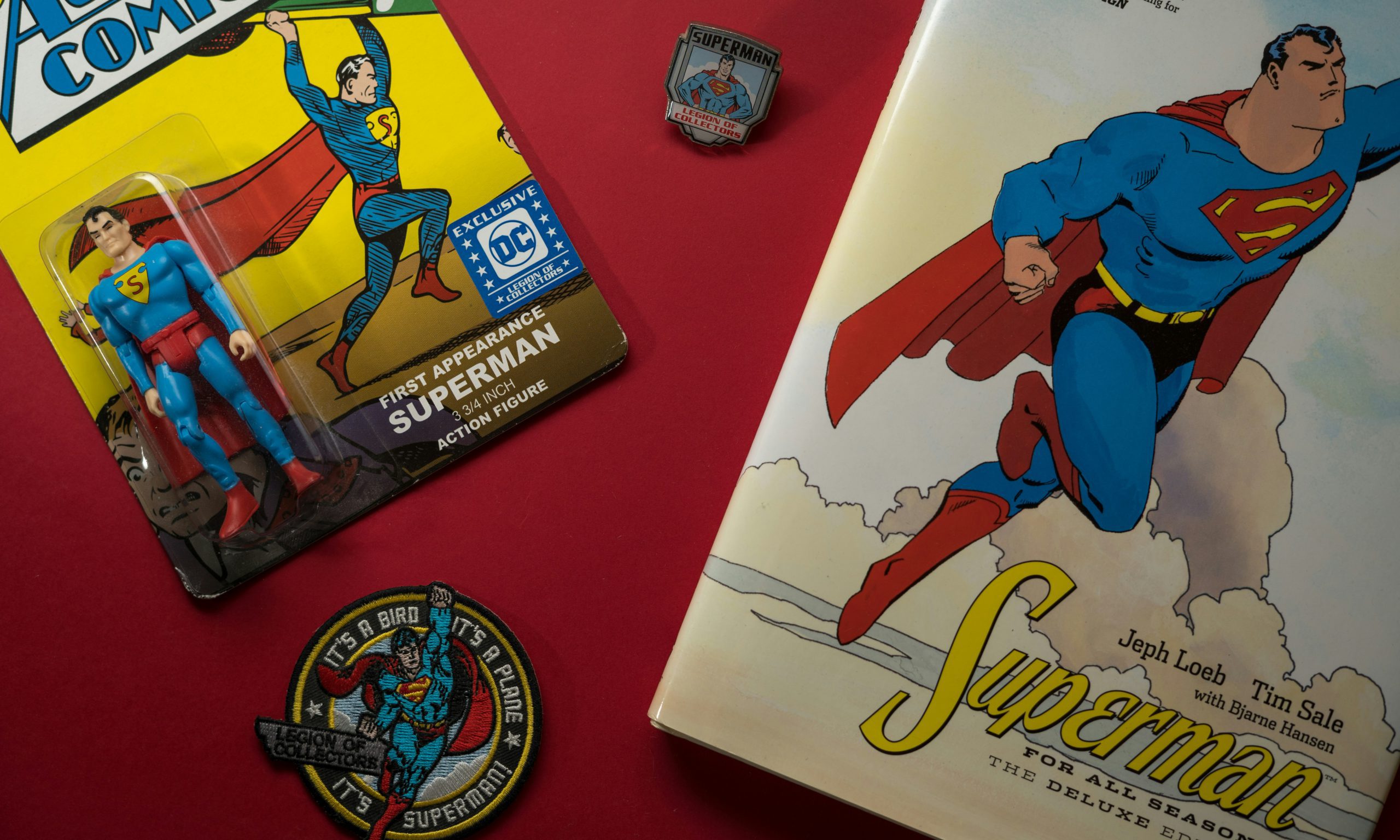
Superman’s Comic Book Legacy And What The Future Holds
In 1938, the world was on the brink of a war that would change nations and humanity forever. This was the year that Superman made his debut. Throughout World War II and the many political, social, and cultural upheavals since, the Man of Steel has remained a constant symbol of justice, truth, and hope. While life today might be vastly different from life 85 years ago, Superman is no less relevant now.
Created by writer Jerry Siegel and artist Joe Shuster, Superman first appeared in the comic book Action Comics #1 published in April 1938. Despite the appearance of the caped crusader Phantom two years earlier, Superman still holds the title of the first true superhero. His appeal to readers was obvious: at a time of global uncertainty and fear, the Man of Steel represented American ideals and the fight between good and evil. From his mild-mannered persona of Clark Kent to his selfless and tireless battles against those who threaten the fabric of society, Superman is the epitome of a superhero.
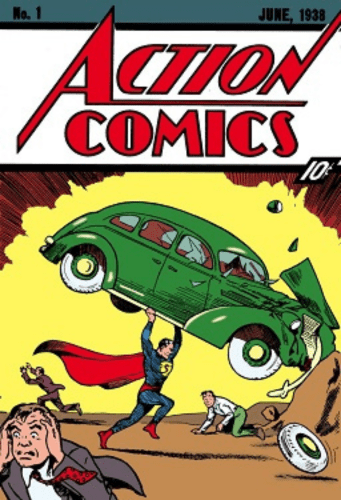
Superman’s story has been told in by many legendary writers over the years. Superman himself has changed a lot since Action Comics #1, particularly with regard to his powers. Notable comics in his evolution include All-Star Superman by Grant Morrison and Frank Quitely, The Man of Steel by John Byrne and Dick Giordano, The Death of Superman by Dan Jurgens, and Whatever Happened to the Man of Tomorrow? by Alan Moore and Curt Swan. These writers bring a versatility to Superman’s history by examining aspects of his character, his life as Clark Kent, his relationship with Lois Lane, and his many enemies, including Lex Luthor, Darkseid, Brainiac, and Doomsday.
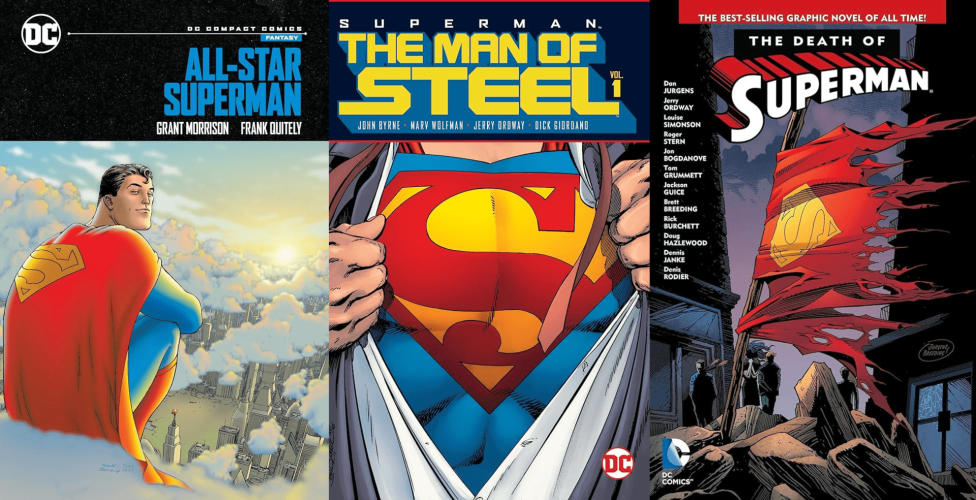
Released in 1986, John Byrne’s The Man of Steel is regarded as one of the pivotal comics in the evolution of the modern Superman. 1986 marked the beginning of the Modern Age of Comics and writer John Byrne brought Superman into the real world. At the request of DC editors, Byrne rewrote Superman’s origin story to make him the sole survivor of Krypton. The Man of Steel follows Clark’s early life in Smallville, his move to Metropolis, and the establishment of his secret identity as Superman. It also reintroduced Lex Luthor as a successful businessman instead of a mad scientist and thus changed the course of Superman and Luthor’s enmity forever. Byrne emphasized Superman’s human side in a way that would be mimicked by comic book creators and TV and filmmakers in years to come.
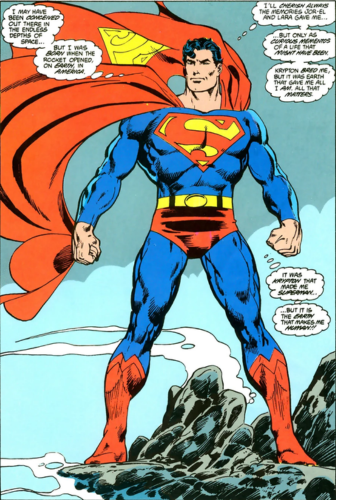
Created by writer Grant Morrison and artist Frank Quitely, All-Star Superman is is considered by many to be one of the best Superman comics. Superman is dying from radiation poisoning caused by Lex Luthor. Before he dies, he must carry out a series of heroic tasks to make peace with the world. Morrison’s seminal work is predictably wild, creative, and off-the-wall, with a superpowered Superman and appearances by many of our favorite characters, including Lois Lane and Jimmy Olsen. Each issue is a standalone story but together, the twelve make a complete picture of the lengths Superman will go to for the people and the world he loves. All-Star Superman does not mourn Superman’s approaching death but instead celebrates his life and the deep love he feels.
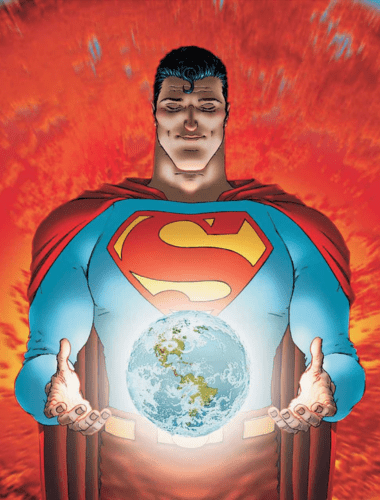
In contrast to the celebratory All-Star Superman, The Death of Superman has a markedly different approach to the Man of Steel’s demise. The comic began in 1992, led into Reign of the Supermen, and concluded with Return of Superman. The series is a truly collaborative effort. The creative team includes writers Dan Jurgens, Louise Simonson, Roger Stern, and Jerry Ordway, and artists Brett Breeding, Doug Hazelwood, Dennis Janke, Denis Rodier, and Rick Burchett. The Death of Superman delivers higher stakes in terms of action, emotion, and danger. Even though the audience knows what’s coming, the grief and despair felt by the other characters is heartfelt and raw. The action is relentless and the stakes are high. The comic also features some great team-ups and supporting characters, without taking the focus away from Superman. Death of Superman is considered to be the greatest comic event in Superman’s history thanks to its scale, creativity, and execution.
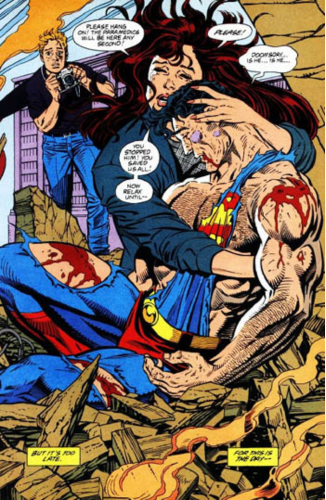
Released just before The Death of Superman in 1986, Whatever Happened to the Man of Tomorrow? by Alan Moore and Curt Swan is set on Earth-423 in the DC Multiverse (so-called because the comic’s first part was published in Superman #423). Moore uses Whatever Happened to the Man of Tomorrow? to celebrate the end of the Silver Age of Comics (1956-1970) and pay tribute to the Man of Steel’s long history. It’s a loving farewell to what many see as a simpler era of comic book writing. As expected, however, Moore brings his own flavor to the story. He examines Superman’s isolation and his separation from those around him – an alien and a hero who carries a heavy burden of responsibility. Moore’s work is also darker than many other Superman comics, infused with unsettling and insidious threats. True to form, Moore fondly honors the Man of Tomorrow’s history while also delivering his own spin on the iconic comic book hero.
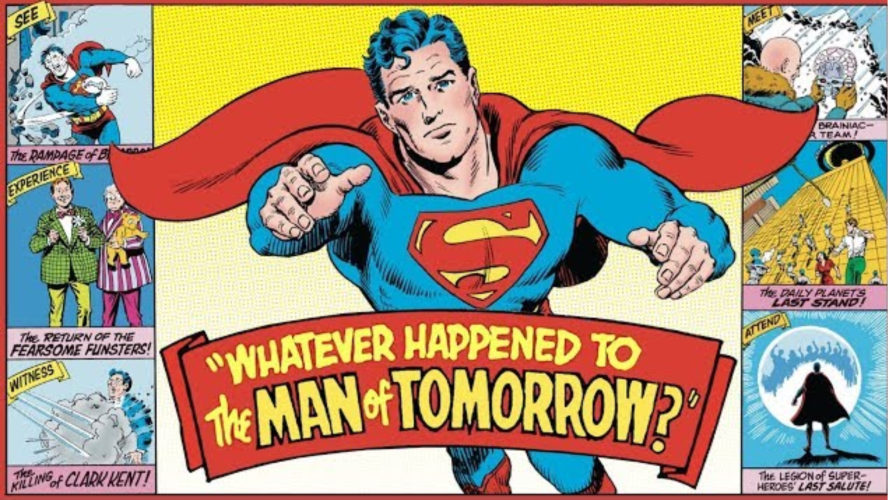
The Superman comics have been a guiding force for the many TV and movie adaptations of DC’s greatest hero over the years. Adaptations such as the Christopher Reeve movies (1978-1987) and Superman: The Animated Series (1996) feature the original Superman, typically comics released before 1985. Superman is often depicted in a simpler way in these adaptations, with clearly defined “good” and “evil” and appearances by our hero’s most celebrated villains.
More recently, Zack Snyder’s movies – Man of Steel (2013), Batman v Superman: Dawn of Justice (2016), and Justice League (2017) – took their influence from comics such as John Byrne’s The Man of Steel (1986) and Dan Jurgen’s The Death of Superman (1992). Like Byrne, Snyder modernized Superman. He focused on Clark’s human side and the struggle he faces in accepting his two heritages, particularly in Man of Steel. For Batman v Superman: Dawn of Justice, Snyder drew heavily on Jurgen’s comic book masterpiece, The Death of Superman. Unfortunately, with uneven pacing and an underwhelming finale, many fans were disappointed with the execution. It’s difficult to capture such an epic and far-reaching comic series in the space of a movie and sadly Batman v Superman fell far short of the mark
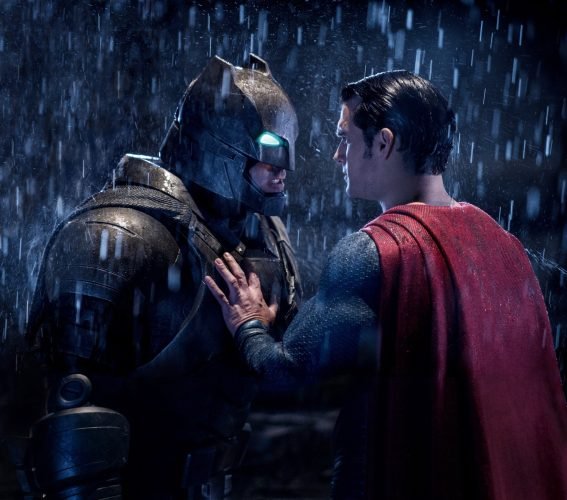
Hollywood has a turbulent history with comic book adaptations. When James Gunn announced his upcoming Superman movie (previously titled Superman: Legacy), however, many fans were excited. Gunn is well-known for his passion for comic books. In 2022, he and Peter Safran became co-chairmen and co-CEOs of the newly formed DC Studios (formerly DC Films). The same year, the studio announced the launch of the DC Universe to replace the DC Extended Universe within which Zack Snyder’s movies were set. Gunn’s Superman will be the first movie in the DCU and is expected to reach audiences in July 2025.
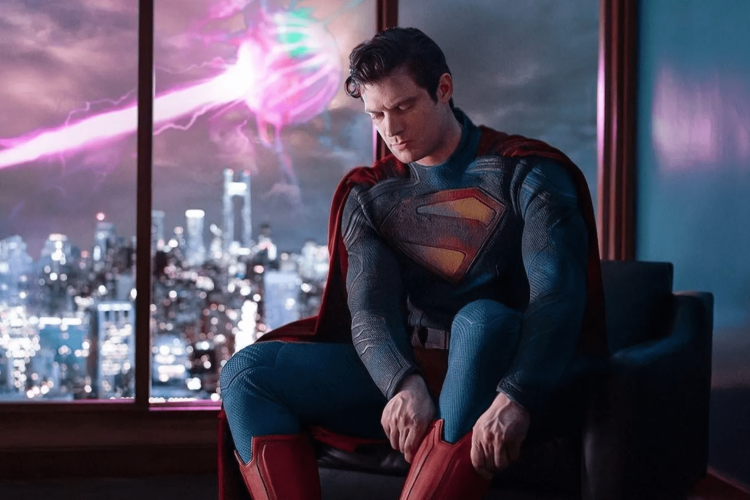
Gunn gives us many reasons to be optimistic about the previously titled Superman: Legacy. In May, the director posted a photo to his social media that showed some of the greatest Superman comic creators, including Frank Quitely, Dan Jurgens, and Jerry Ordway, visiting the movie set. He also revealed the comics that most influenced his new Superman movie. Grant Morrison’s All-Star Superman and Jeph Loeb’s Superman For All Seasons have been named as two such comics, along with Alan Moore’s Whatever Happened to the Man of Tomorrow?, Mark Waid’s Kingdom Come, and callbacks to the Golden Age of Comic Books (1938-1956) and Grant Morrison’s Action Comics run.
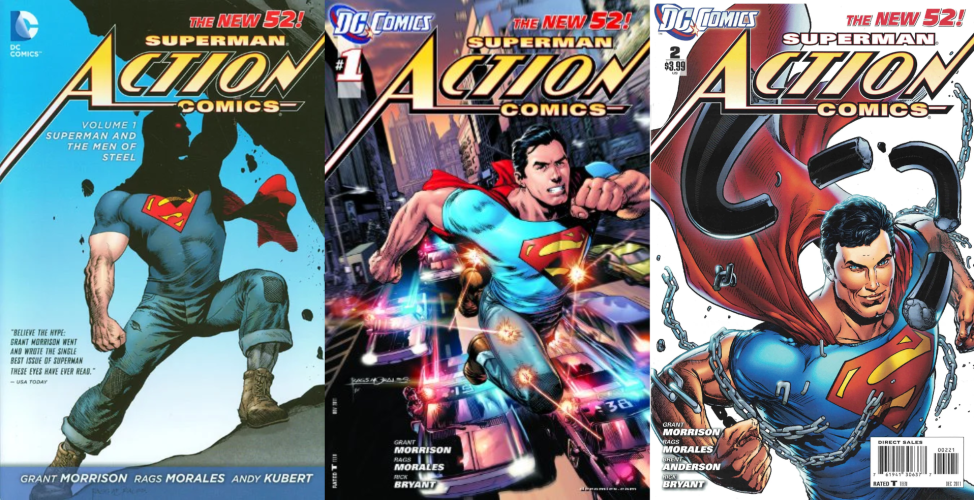
Superman For All Seasons was published in 1998. Writer Jeph Loeb may be better known for his Batman comics but his four-issue Superman miniseries was received with critical and fan acclaim. The series parallels Superman’s origins set out in John Byrne’s The Man of Steel and is structured around the four seasons. Each season is narrated by a different character; spring by Jonathan Kent, summer by Lois Lane, fall by Lex Luthor, and winter by Lana Lang. The miniseries’ creative structure, the characters’ unique voices, and the compelling narrative all contribute to a heartfelt and satisfying Superman story.
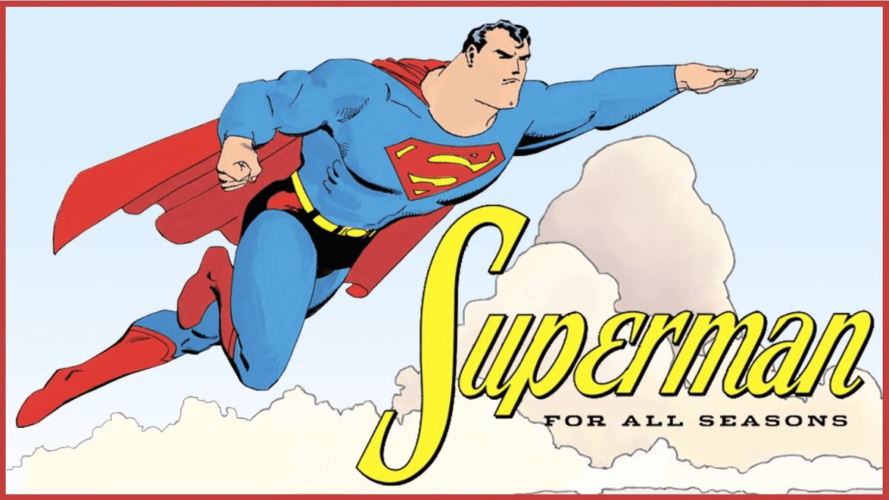
Published in 1996, Kingdom Come is an Elseworlds story in which Superman and the Justice League retire after a new superhero, Magog, gathers strong public support in Metropolis. Unlike our heroes, Magog will kill to achieve his goals. As time passes, superpowered metahumans arise and bring destruction to Metropolis as the line between hero and villain is lost. Eventually, Superman returns to re-form the Justice League. The comic confronts Superman’s belief in achieving peace through non-violent means; despite betrayals and the deaths of those he loves, the Man of Steel must choose to stay true to his values. Kingdom Come is a fascinating look at this ideology and includes many famous characters from the DC comic universe.
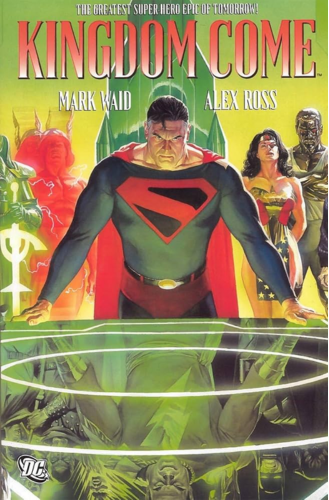
Gunn’s mix of influences is eclectic and celebrates some of the best Superman comics. Reports indicate that his movie will be very different from Snyder’s Man of Steel and will feature a shift toward hardcore sci-fi and fantasy. The events of the movie will reportedly take place in a world different from both ours and the DCEU, with established heroes and a different history from the previous DCEU. Fans are excited to find out how the comics will tie into the plot and setting and what the movie will represent in terms of the DCU’s future.
Superman comic book fans have much to look forward to in the near future beyond the DCU. The new comic series Absolute Superman by Jason Aaron will debut in November 2024 as part of DC’s revamped Absolute line starring classic comic book heroes with modern twists. Aaron teased that Superman will face a different kind of villain in the upcoming series – “A villain we don’t normally equate with Superman.” Superman has encountered many different villains in his time and comic creators have enjoyed pitting him against non-traditional enemies, such as the Joker, to introduce fresh obstacles and push him to new limits. Absolute Superman is expected to introduce modern issues and concerns into Superman’s world and we’re looking forward to seeing how the Man of Steel will rise to these challenges.
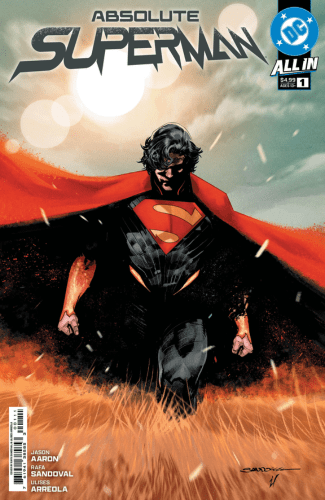
Superman comics are known for their versatility and creativity, with great comic book creators such as John Byrne, Dan Jurgens, and Grant Morrison leaving their mark on the world’s first superhero. It’s a positive step to see the DCU, with James Gunn at the helm, paying tribute to these incredible comics and honoring their creators’ hard work, imagination, and talent. With Absolute Superman to look forward to, Superman fans can anticipate a modern Man of Steel who will face fresh challenges in an evolving world, while celebrating the extensive and remarkable history of the last nine decades.
Are you familiar with Superman’s long comic book history? What do you think of the comics Gunn has named as influencing his new movie? Leave us a comment with your thoughts, opinions, and predictions. And don’t forget to subscribe to our free newsletter, PopPulse Digest, for all things comics, pop culture, online deals, and more.
This article contains links to external sellers and affiliate marketing. As Amazon Associates, we earn from qualifying sales.

Una Bergin
More Stories
How Image Comics Became The Third Largest Publisher Of Comic Books
The comic book world has long been dominated by industry giants Marvel and DC Comics. However, in 1992, another publisher...
Harley Quinn’s Evolution In The DC Universe
Throughout the decades, DC Comics has introduced some iconic characters, but none quite like Harley Quinn. Fans have loved the...
The Top 10 Best Villains In Marvel Comics
A hero is nothing without a villain. The right villain threatens the hero’s very core, the fabric of their existence,...
Writer Spotlight: The Genius of Alan Moore
When it comes to the world of comics, one name stands out: Alan Moore. With his unparalleled imagination and knack...
In The Boys, Absolute Power Corrupts Absolutely
Superheroes are everywhere in pop culture. The first superhero comic strip – The Phantom by Lee Faulk – was released...
Comic Spotlight: We Need To Talk About Deadpool
In 1983, Deadpool made his first comic-book appearance and took the Marvel universe by storm. Wise-cracking, irreverent, and unpredictable, the...


